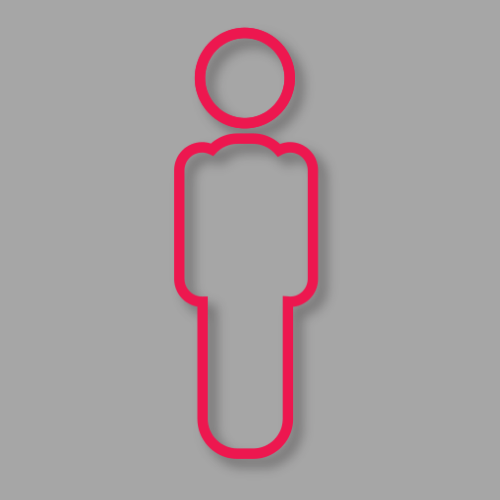In today’s competitive job market, the benefits you offer can make or break your ability to attract high-quality candidates. Among the most sought-after perks is work-from-home flexibility—a concept that may have started as a pandemic necessity but has now evolved into a permanent expectation for many professionals.
So, does offering remote or hybrid work options actually influence talent attraction? According to our latest candidate data from the past 12 months—the answer is a resounding yes.
What the Numbers Say
People in Focus asked candidates how they feel about work-from-home arrangements and how this influences their decision when considering a new role. Here’s what we found:
66.23%of respondents said their current or most recent employer offers work-from-home flexibility.
Of the 33.77%who do not have this benefit, 62.75%said they wish they did.
Clearly, there is a strong appetite for flexible work—and it's no longer just a nice-to-have for many.
What Does Flexibility Look Like?
When we asked candidates about their preferred remote work arrangement, the overwhelming majority indicated that a hybrid model—typically 2 to 3 days working from home per week—was ideal. This balance allows them to enjoy the benefits of both in-office collaboration and the convenience of working from home.
This middle ground is proving to be the sweet spot for many employees. It offers structure and social interaction while still affording the flexibility and autonomy that have become so valuable post-pandemic.
Why Do People Want to Work From Home?
Here’s a closer look at the top reasons candidates gave for preferring remote or hybrid work:
Time is precious: Long commutes can consume hours each week. Working from home allows employees to spend that time on things that matter—family, fitness, hobbies, or simply rest.
It’s cost-effective: Petrol, tolls, parking, and public transport can add significant financial strain. Remote work helps ease that burden.
Every little bit counts: Daily spending on takeaway coffees, lunches, and other small items adds up. Working from home reduces those incidental costs.
Personal space matters: Some individuals thrive in quieter, more controlled environments. Working from home can be both productive and mentally recharging, especially for those who find office life socially or mentally draining.
Better stress management: For employees in high-pressure roles, removing the additional stress of commuting and daily logistics can make it easier to manage workloads and maintain mental well-being.
Candidate Expectations Are Evolving
We’ve also seen a growing trend: candidates who feel strongly about having remote work options—particularly those with long commutes—may decline a role if flexibility isn’t offered. However, most professionals are also realistic and flexible. Many are open to working in the office during a probationary period or for a defined period to build trust and rapport before transitioning into a hybrid model.
This shows that job seekers aren’t looking for a fully remote lifestyle with no compromise—they’re looking for balance and mutual trust.
What This Means for Employers
If you’re trying to attract top-tier talent, especially in competitive industries, work-from-home flexibility is no longer a fringe benefit. It’s becoming a standard expectation. Employers who continue to offer rigid, full-time office roles may find themselves struggling to attract or retain skilled professionals.
By offering a hybrid model or some degree of flexibility, you demonstrate trust in your employees, support their well-being, and help them maintain a healthier work-life balance. In return, you’re likely to see increased job satisfaction, loyalty, and productivity.
Final Thoughts
Work-from-home flexibility isn't just a pandemic-era trend—it’s part of the evolving landscape of modern work. Candidates are actively prioritising it when choosing their next role, and businesses that adapt are more likely to attract and retain the best talent.
In a market where quality candidates have options, flexibility can be the differentiator that sets your organisation apart.


